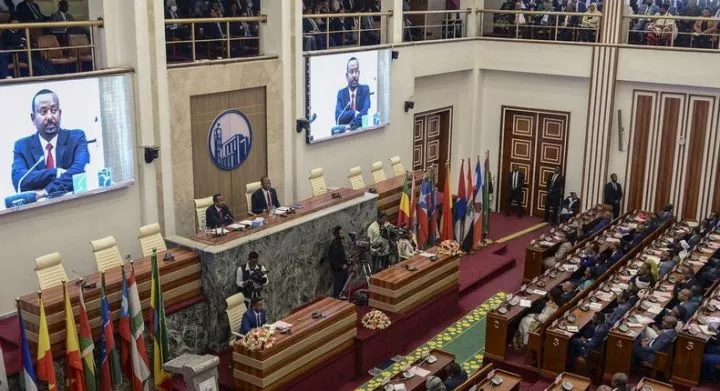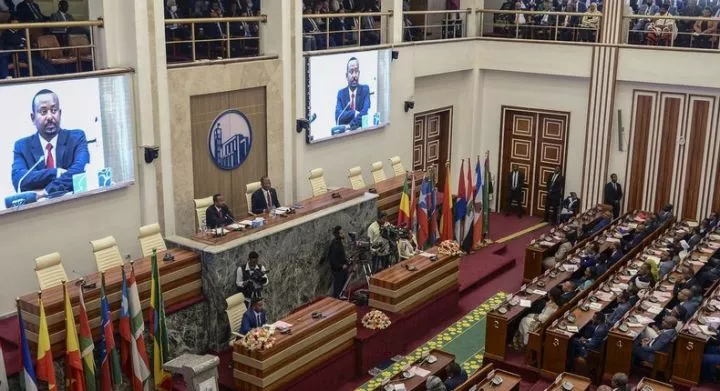[ad_1]

Ethiopia is taking a significant step toward economic reform by moving to lift its decades-old law that bans foreigners from owning property.
This proposed change that will now enable foreigners to own properties in the country is part of the Ethiopian government’s broader efforts to attract foreign direct investment (FDI) and strengthen property rights.
Since Prime Minister Abiy Ahmed came to power in 2018, his administration has pursued a series of liberalizing measures aimed at opening up the economy to foreign investment and driving sustained economic growth.
Now, subject to parliamentary approval, land and property reform is set to become the latest addition to these initiatives.
Ethiopia’s longstanding prohibition on foreign ownership of land and property has been identified as one of several key constraints deterring foreign investors.
Other barriers include high levels of state interference in the economy, inadequate infrastructure, strict foreign exchange controls, high transaction costs, and institutional weaknesses.
The proposed legal reform represents a major departure from policies dating back to the 1974 communist revolution, which ushered in a system of state ownership of land and tightly restricted private property rights.
Under the current framework, non-Ethiopian individuals and businesses have been barred from owning immovable property for either personal or commercial use.

If passed by parliament, the new legislation could open up Ethiopia’s growing economy to a wider range of international investors and signal a deeper shift toward market-oriented reforms.
Experts weigh in on Ethiopia’s gains
Ethiopia is undeniably one of Africa’s leading economies and an increasingly attractive investment destination, bolstered by its large population, strategic location, and ambitious development agenda.
According to UNCTAD’s World Investment Report 2024, foreign direct investment (FDI) inflows to Ethiopia reached USD 3.26 billion in 2023-down slightly from USD 3.67 billion in 2022, but still above pre-pandemic levels.
This performance placed Ethiopia among the top five FDI destinations on the African continent.
The recent decision to lift the ban on property ownership by foreigners is expected to support several of Ethiopia’s development policies aimed at increasing revenue inflows and accelerating economic growth.
Mirkarim Yakubov, an asset manager and investment expert, told African Business that while the move is promising, it will take time for the legislation to be finalized and for foreign investors to fully understand its implications.
As a result, an immediate surge in capital inflows is unlikely.
“The impact will depend on what exactly this law ultimately entails and how it will be implemented, although it’s definitely a very interesting move,” he said.
“While they have recently sped up the process to get critical pieces of law into action, it will take time for the government to iron out the details.” Yakubov stated.
[ad_2]
Source link







